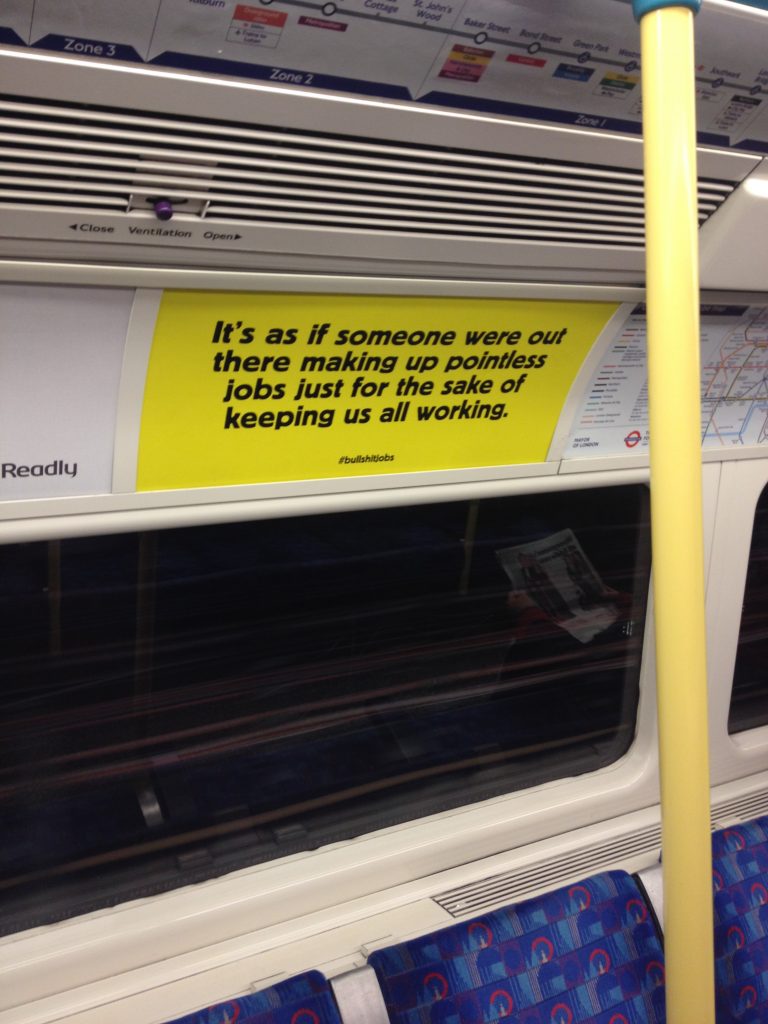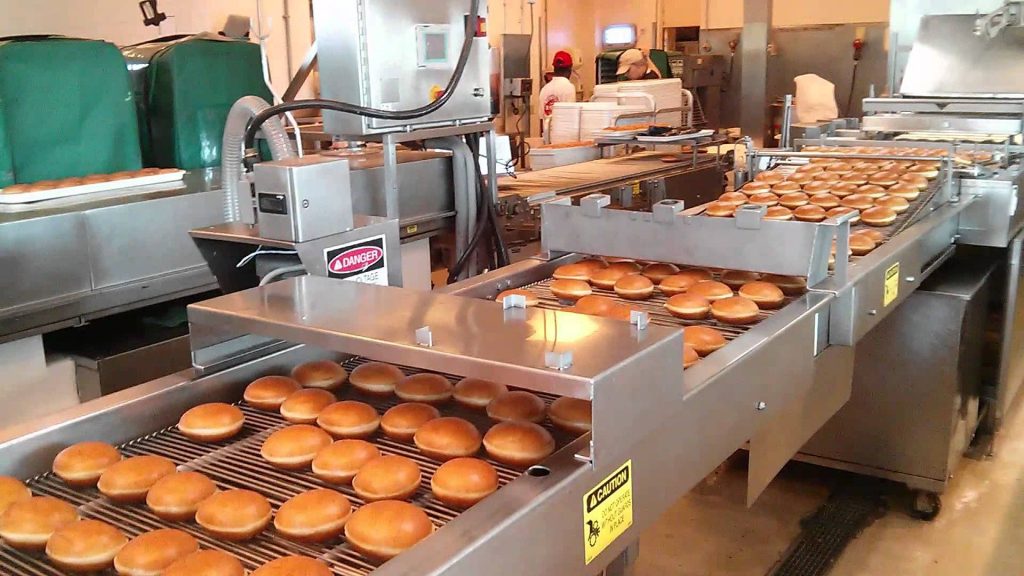I have been spending some time on thinking about leadership. Recently, I had the opportunity to sit down and listen to an Angel investor, who specializes in life science companies particularly in New York. I was excited because I have heard incredibly fluffy pieces about this individual. But, the moment this individual started to speak, I suddenly realized something. This individual has no interest in the area of work. It reflected in his presentation, where, in-front of a very young and eager bunch of aspiring entrepreneurs, showed up late for the talk and started going through slides of a presentation created nearly two decades back.
This disappointment reminded me of the recent article I came across. This article was from Harvard Business Review and it portrayed a dismal view of the enterprise where executives are living in a bubble. I realized, it is not just the corporate executives, but, even the investors are living in a bubble. These individuals are speaking words, but, it makes sense only to a raving mad man. The layers and filters, these individuals have created between themselves and the world outside have created an alternate reality for themselves. The recent news cycles of an incompetent CEO is way more common than any other job known to human kind. This points to an interesting point in our social evolution where CEOs have become one of the rare jobs where incompetence is tolerated and yet highly reimbursed.
This brings me to another interesting article on what exactly is a job and how to value a job. This amazing article published by BBC Capital exposes an interesting conundrum of a capitalist economy. The jobs that are absolutely essential for human survival are the lowest paid ones. The jobs that we consider to be completely pointless are the ones that are extremely highly paid. So, the whole question of what is valuable to the society arises here. Do we prioritize nonsense over our own survival. Our current social structure seems to indicate exactly that. According to Peter Fleming, Professor of Business and Society at City, University of London, who is quoted in the article: “The more pointless a task, the higher the pay.”
So, almost all of our low wage employments cluster around human activities that are absolutely essential for the survival of a society. If we apply these two diverse set of thoughts to another interesting question on the future of jobs, then, I believe I have the answer already. By implementing mass automation on all of the mission critical jobs for the survival of a human society, we eliminate all the low-wage jobs, and individuals who had these jobs previously are moved to a position where they are given a pointless job.
For the sake of argumentative clarity imagine a situation where automation has been implemented in highly important jobs. A great example is the restaurant worker. Imagine a future where all of the restaurant workers who prepare food are replaced by an automated supply chain and a set of robots. The role of individuals are just to manage these automated supply chain and robots. Imagine, our teenage daughters or sons, who will apply for a job at one of these restaurants. Instead of these young individuals being hired just for cheap human labor, now they will be hired as a manager for the automated supply chain. Instead of years of school and college education to end-up being incompetent and pointless to the society, even a high school graduate will be able to do this job, because the society is run reliably and efficiently by a highly robust and resilient automated supply chain. All the rest of the management hierarchy will remain the same, due to corporate and regulatory reasons.
It seems to me: a highly automated society will create more value than a society that still relies on human labor for its mission critical jobs. This may seem counter-intuitive, but, it is not. The value of human labor is a more abstract idea than the one based on absolutes. In our current system of human labor dependent economies, only a handful individuals are given the free-reign on incompetence and risk taking. In an automated economy, the underlying resilience will help more individuals to take more risks and be unfazed by the outcomes, because none of these activities are absolutely essential for the survival of a human society.
This trend of automation will not only massively simplify our daily life activities, we will have more time in our hands to do what we want to do in the first place, without worrying about thirst, hunger, hygiene or any of the mission critical activities for our life. The friction of human existence is reduced by machines, which help us create more value to the society.
More individuals will have the opportunity to be at an executive level than what exists today, even with minimal training. It will be the democratization of the executive jobs that will happen with the automation, not the loss of jobs. More people can have the freedom to be employed as CEOs and still get highly paid, because, the society is run on a highly reliable automated schedule. It will be a very different society, just like the massive shift of agrarian economy to the industrial economy that happened during the industrial revolution, but a much more highly paid and with less number of unemployed, for sure.
This research on current dismal state of executives and managers in corporate sector is part of our mission to understand the overarching impact of automation and machine-learning in healthcare. It is done as part of our cancer therapeutics company: nanøveda. For continuing nanøveda’s wonderful work, we are running a crowdfunding campaign using gofundme’s awesome platform. Donation or not, please share our crowdfunding campaign and support our cause.
Donate here: gofundme page for nanøveda.
Image caption from top to bottom: 1) A screen shot from the television programme: The Thick Of It with Malcolm Tucker (played by Peter Capaldi) and photographed by Des Willie, a great artistic portrayal of human dysfunction at the core of some of the most point-less, yet, highly coveted jobs. (C) BBC and reproduced under fair usage rights, 2) A satirical portrayal of recent troubles of United Airlines, published by Bloomberg, retrieved from public domain through Google search and published under fair usage rights, 3) A quote that says: “It’s as if someone were out there making up pointless jobs just for the sake of keeping us all working.” posted inside a London tube train car, with the hashtag bullshitjobs, 4) Image of a burger flipping robot in action, obtained from public domain through Google image search and reproduced under fair usage rights.



